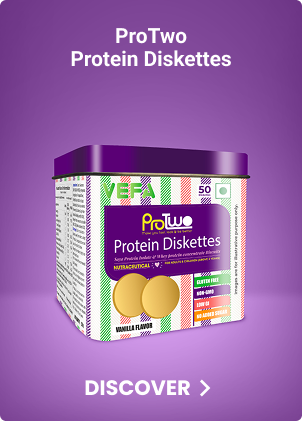A Guide to Dietary Supplements: What You Need to Know
It can be difficult to keep a properly balanced diet every day in the fast-paced world of today. That’s where dietary supplements step in — they help bridge nutritional gaps and support the body’s overall performance. However, understanding how to take dietary supplements safely and effectively is essential before adding them to your routine.
What Are Dietary Supplements?
Dietary supplements are products that provide additional nutrients like vitamins, minerals, herbal extracts, proteins, or amino acids. These are not medications but nutritional boosters that come in various forms like capsules, powders, liquids, or chewable gummies.
Common Types Include:
- Multivitamins – A general blend of essential nutrients
• Vitamin D – It helps keep your bones strong and your immune system healthy.
• Iron – Often prescribed for iron-deficiency anemia
• Omega-3s – Supports brain, heart, and eye health
• Probiotics – For digestive wellness
• Protein Powders – Popular for muscle building and recovery
Why People Use Supplements
When used thoughtfully, the benefits of dietary supplements include a wide range of health improvements:
Fill in Nutritional Deficiencies
Even with a good diet, missing out on certain nutrients is common—especially for people with restricted diets (like vegans or those with food intolerances).
Strengthen Immunity & Reduce Fatigue
Nutrients like Vitamin C, Zinc, and B Vitamins are known to support the immune system and combat tiredness.
Support Unique Health Conditions
- Calcium + Vitamin D – This combination helps keep your bones and muscles strong.
• Folic Acid – Essential during pregnancy
• Magnesium – Eases muscle tightness and stress
• Omega-3s – May enhance memory and focus
Enhance Physical Performance
Athletes or those recovering from illness often use amino acids and protein supplements to regain strength and energy.
Promote Mental Clarity
Iron, vitamin B12, and omega-3 fatty acids are among the supplements linked to better cognitive function and emotional well-being.
Safe Use of Dietary Supplements
To maximize the benefits of dietary supplements, follow these tips on how to take dietary supplements safely:
Stick to the Right Dose
- Never exceed the recommended amount. Overuse can be harmful, particularly when it comes to fat-soluble vitamins like iron or vitamin A.
- Know that some nutrients absorb better with food (like Vitamin D or E), while others work best on an empty stomach.
Maintain a Routine
Take your supplement at the same time each day to improve consistency and nutrient absorption.
Don’t Mix Blindly
Some combinations (e.g., calcium with iron) can interfere with absorption. It’s best to ask a healthcare expert before mixing supplements.
Read the Ingredients
If you have allergies or dietary restrictions, review the label for potential allergens like soy, gluten, or artificial additives.
Key Things to Keep in Mind
- Supplements support—not replace—a healthy diet.
• Opt for brands certified for quality and safety.
• Consult a doctor before starting—especially if pregnant, on medications, or managing medical conditions.
• Tailor your choices to your body’s individual needs—don’t fall for marketing hype or health fads.
Conclusion
When used wisely, dietary supplements can fill nutritional gaps and support your energy, immunity, focus, and general well-being. But remember: they are most effective when combined with:
- Nutritious eating
- Proper hydration
- Good sleep
- Regular exercise
If you’re unsure how to take dietary supplements correctly or which ones match your needs, consult a trusted healthcare provider or nutritionist. Dietary supplements are helpers—not substitutes—for a healthy lifestyle.












